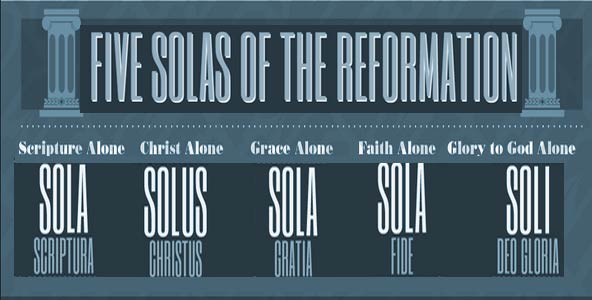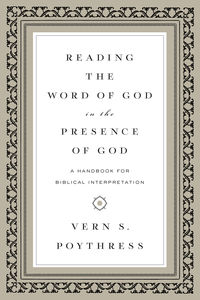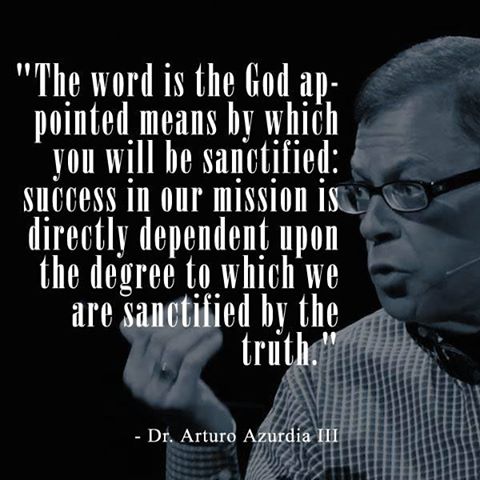a Guest Post by Steve Hays
The debate between atheism and Christian theism has such a stereotypical form that it's easy to overlook the radical disparity: when you think about it, there is no positive evidence for atheism. The case for atheism boils down to an argument from silence.
Now, there's nothing inherently wrong with an argument from silence, but that's a very vulnerable argument. Atheists don't really present any positive evidence for atheism; rather, they argue against theism.
The case for atheism boils down to the alleged lack of evidence for an interventionist God. Claiming that we can explain the origin of the universe naturalistically. We can explain the origin of life naturalistically. We can explain every illness and recovery naturalistically.
Or take the claim that answers to prayer are random. Likewise, the argument from evil is an appeal to randomness. The distribution of weal and woe seems to be random. By the same token, mass extinction seems to be random. What species survive or perish seems to be random.
Some atheists allege that biological organisms exhibit design flaws. Suboptimal adaptations. That allegation is refutable on different grounds, but in any event, it's not a positive argument for atheism.
A few atheists say God-talk is meaningless. That poses a bit of a dilemma inasmuch as it is no longer clear what the atheist is denying. In any event, that's not a positive argument for atheism.
Some ambitious atheists say the existence of God is not merely improbable but impossible: the very idea of God is incoherent (e.g. "paradoxes of omnipotence"). That generally depends on arbitrary, stimulative definitions of the divine attributes, or dubious postulates about a best possible world.


 Guest post by Jimmy Li
Guest post by Jimmy Li This post is adapted from
This post is adapted from  The answer is yes. Recently someone took issue with a quote I posted by Art Azurdia: "The word is the God appointed means by which you will be sanctified...." - Dr. Arturo Azurdia III
The answer is yes. Recently someone took issue with a quote I posted by Art Azurdia: "The word is the God appointed means by which you will be sanctified...." - Dr. Arturo Azurdia III by John Hendryx
by John Hendryx